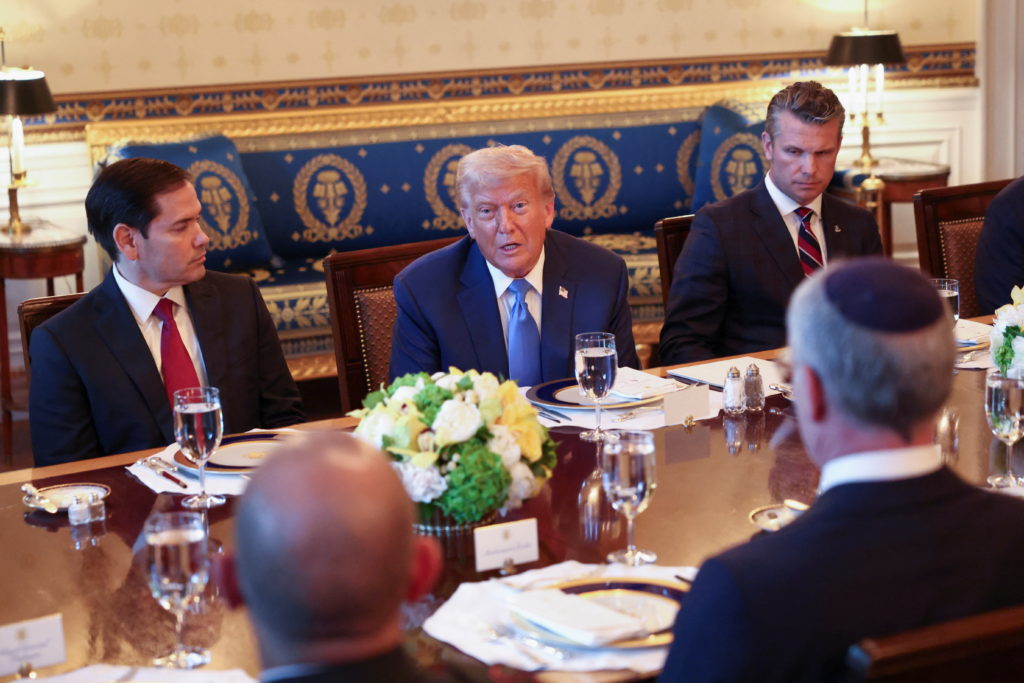Growing Tensions in the Gulf
DOHA, Qatar (AP) — Just a few months prior, the leaders of Saudi Arabia, the UAE, and Qatar warmly welcomed U.S. President Donald Trump with extravagant ceremonies. Now, those same leaders are expressing their unified anger following an Israeli strike aimed at Hamas leaders in Qatar’s capital, Doha.
Calls for a Unified Response
Saudi Crown Prince Mohammed bin Salman has urged “an Arab, Islamic, and international response” to address Israel’s actions and deter what he described as its “criminal practices.”
Shift in Diplomatic Relations
The UAE’s Sheikh Mohammed bin Zayed Al Nahyan made a significant visit to Qatar, embracing its ruling emir. This gesture contrasts sharply with previous years when the UAE and Saudi Arabia led a boycott against Qatar, accusing it of terrorism—an allegation strongly rejected by Doha.
Concerns Over U.S. Commitment
Israel’s actions have raised fears among Gulf leaders that the U.S. might withdraw its long-standing commitment to their protection from regional threats. Such concerns could jeopardize Trump’s regional goals, including the ongoing conflicts in Gaza and the expansion of the Abraham Accords, which established ties between Israel and several Arab nations.
Reactions from Gulf Leaders
Trump appears to have acknowledged the outrage from Gulf leaders, distancing himself from the Israeli strike and promising Qatar that it wouldn’t happen again. However, his steadfast support for Israel is causing unease, as Qatar’s Prime Minister Sheikh Mohammed bin Abdulrahman Al Thani labeled the attack as “state terror” and condemned Netanyahu’s actions directly.
Escalating Tensions and Threats
Netanyahu has threatened further strikes if Qatar continues to serve as a mediator for Hamas, asserting that countries harboring terrorists must either expel them or face consequences. In response, the UAE’s foreign ministry emphasized that aggression against any Gulf Cooperation Council member would be seen as a threat to regional security.
Future of Middle Eastern Agreements
Despite having led the 2020 Abraham Accords, the UAE is now expressing frustration with Israel’s recent actions. With negotiations around Palestinian statehood becoming increasingly contentious, Saudi Arabia insists that normalization with Israel requires a path toward Palestinian independence—something the current Israeli administration opposes. The dynamic in the region is shifting, complicating future diplomatic agreements.



